#Occitan
Text
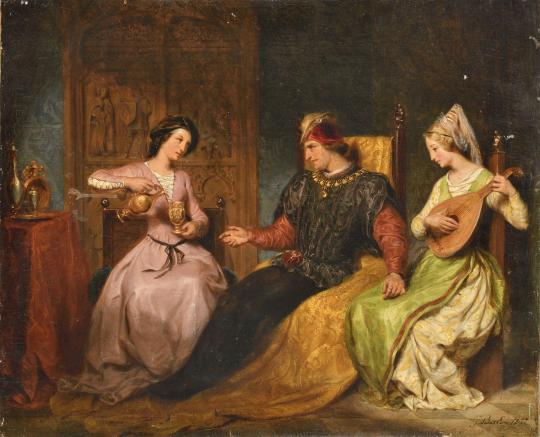
Scène troubadour by Gillot Saint-Evre
#gillot saint evre#art#troubadour#middle ages#medieval#mediaeval#history#romantic#romanticism#france#french#occitan#occitania#occitanie#europe#european
20 notes
·
View notes
Text

Me in my teens discovering that French is not the only language spoken in France
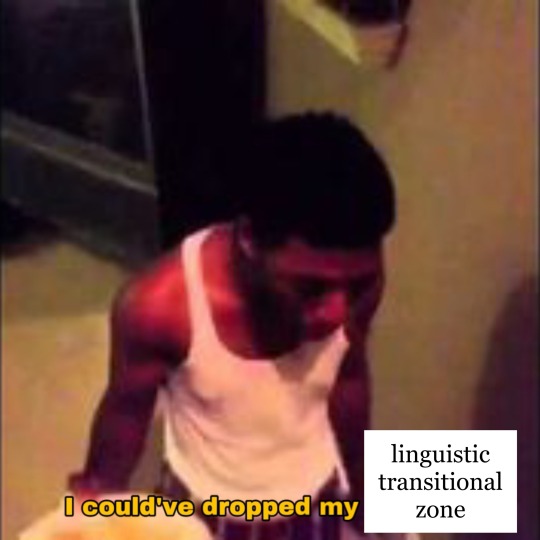
#france#langues#langues d’oïl#langues d’oc#occitan#langblr#language#language blog#languageblr#language meme#language memes#linguistics#linguistics humor#language learning#regional language#endangered languages#europe#croissant#vine#vine reference
269 notes
·
View notes
Text
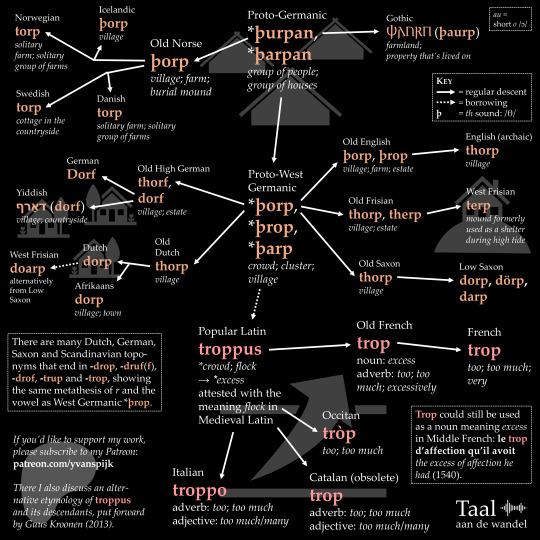
The French word trop means 'too (much)', as in trop grand (too big) or il mange trop (he eats too much). It was borrowed from Proto-West Germanic *þrop (crowd; cluster; village), a variant of *þorp, the word that became German Dorf, Dutch dorp and archaic English thorp, all 'village'.
#historical linguistics#linguistics#language#etymology#english#latin#french#dutch#german#old dutch#old high german#old english#old frisian#frisian#low saxon#old saxon#old french#italian#occitan#catalan#swedish#danish#norwegian#icelandic#old norse#gothic#proto-germanic#proto-west germanic#lingblr#afrikaans
115 notes
·
View notes
Photo
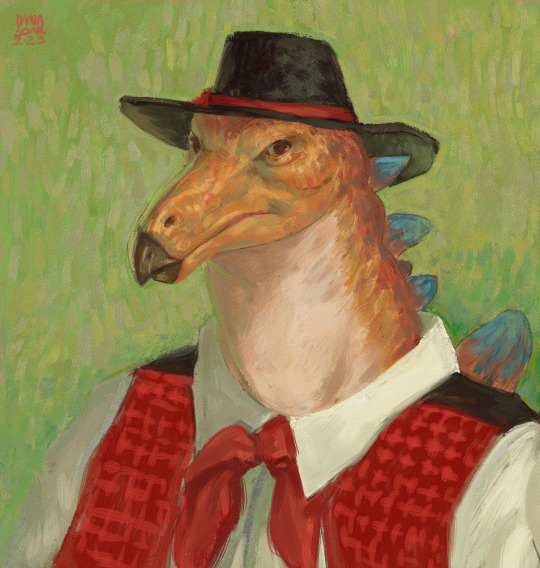
stegosaurus in provençal costume. 2023
reuploaded because i painted more on top
#art#painting#sketch#portrait#digital art#digital painting#stegosaurus#saurian#dinosaur#anthro art#furry art#scalie#furry#anthro#provencal#provence#occitan#dynasoar5#ssohardd#2023#post impressionism#expressionism
408 notes
·
View notes
Text

@landcrowe yep, it is!
But the history of this word is vert interesting in fact.
Gabacho/a comes from Occitan - of pre-Roman origin - gavach, which means "a person that suffers from goiter" or, more extensively, "a person that speaks wrong". But if we look at how the word is used in different languages we'll notice that it's also used to speak pejoratively of the people that live north from you. But why?
Because in the 16th century the area known as Granda Gavacheria - that included Bordeaux and Les Landes -:
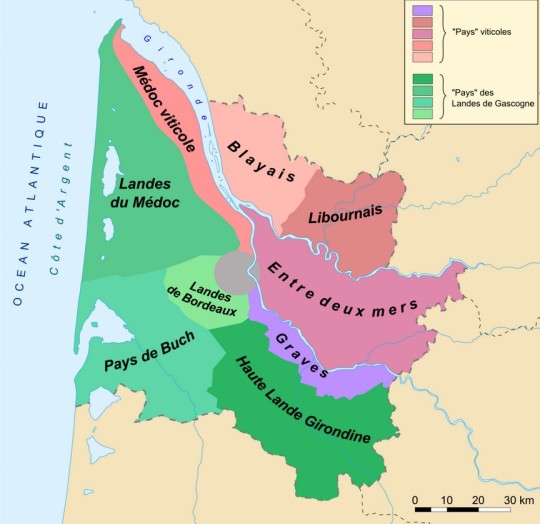
was so decimated and impoverished after the plague that its lords relied on foreign handwork to work in the abandoned fields. These settlers came indeed from the north, and spoke French and not Occitan, so they spoke wrong. And locals started calling them gavaches. In fact, this area welcomed so many foreigners that it became an island of langue d'oïl in a sea of langue d'oc.
Some examples so we see gabacho actually means "someone from the north that speaks other language":
The Catalans from Pyrénees-Orientales to their Occitan-speaking neighbors from Òpol e Perilhons.
In Spain, it's used to call any French person.
Also in Mexico is used for the gringos, the neighbors from the north!
Another examples of gabachos would be the Swiss for the Italians, or the Romanians to the Bulgarians, or the Guianans to the Brazilians.
Use the word wisely!
#euskal herria#basque country#pays basque#pais vasco#euskadi#spain#culture#occitan#france#words#history#fun fact#interesting
37 notes
·
View notes
Text
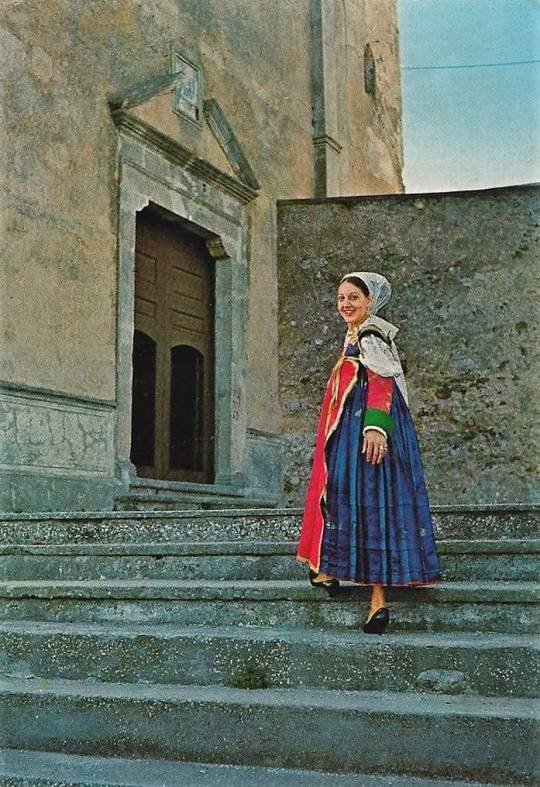
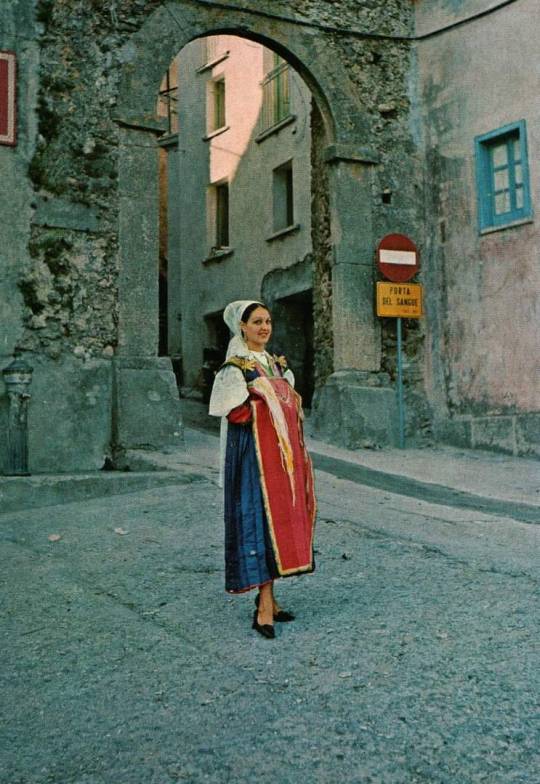
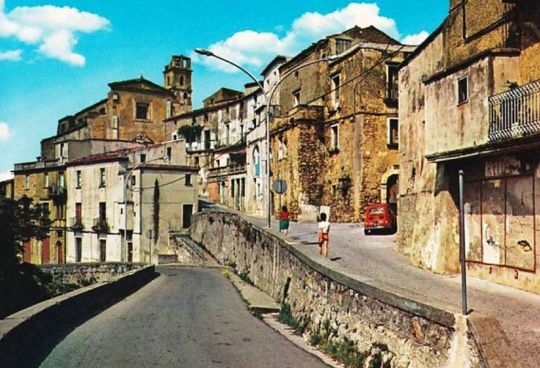
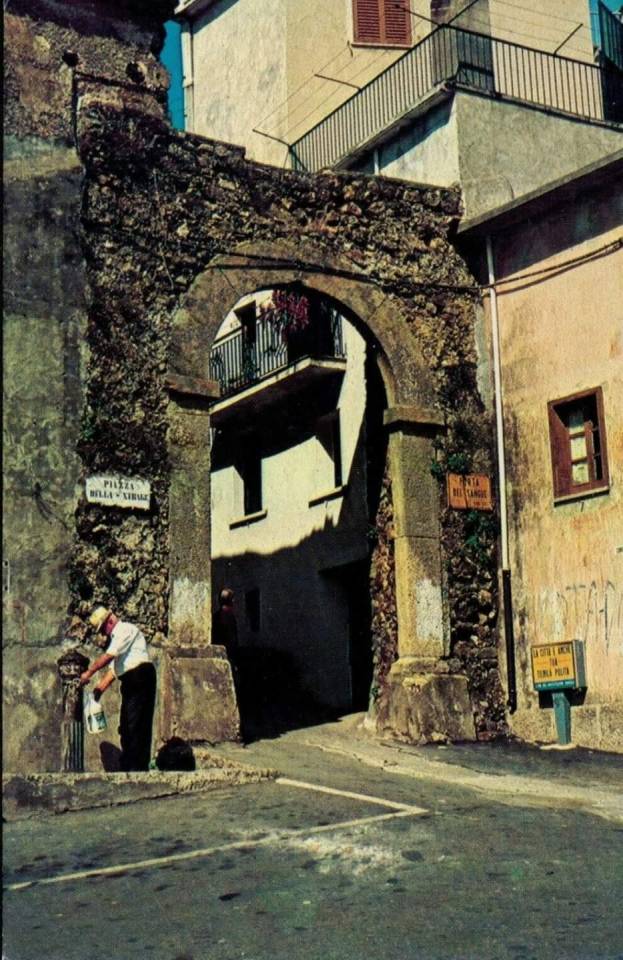
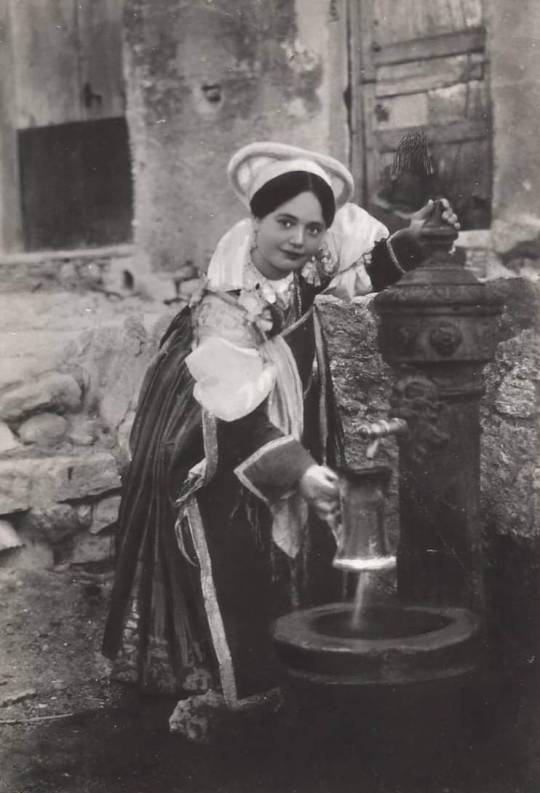
Occitan is still spoken in Southern Italy's Calabria
Blessed with one of the most beautiful languages, Italy is also home to a plethora of linguistic minorities, twelve to be precise, across fourteen regions, with almost three million speakers. The Occitan linguistic minority of the Alpine valleys of Northern Italy's Piedmont and Liguria is probably one of the most well known, also because of the importance the language had in the history of European culture and literature: the Langue d’Oc and its poetry inspired the troubadours of Provence, in Southern France. In those days, Occitan was spoken in the South of France, from the Atlantic to the Alps, but today only small pockets of Occitan-speaking people exists, mostly across the Alpine valleys of France, Liguria, Piedmont and in thr town Guardia Piemontese, in Southern Italy's Calabria.
How did Occitan speaking people end up from the mountains of Northern Italy to the southernmost region of the Italian peninsula?
It’s a long story, one that brings us back to the 13th century, to a religious minority called Waldensians and to the fact Calabria is known for being a welcoming land for all those seeking refuge, from Greeks to Albanians and Jews.
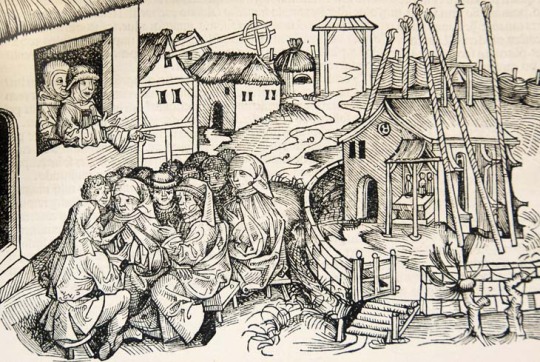
The Waldensian movement had developed in the Cottian Alps between France and Northern Italy towards the end of the 12th century, most likely thanks to the contributions of Peter Waldo (from whom the movement took its name). Waldensians lived a life of asceticism and poverty, but some of their more extreme views — lack of faith in transubstantiation and having associated the Catholic church with the “harlot of the Apocalypse” — turned them into religious pariah and victims of persecution across Europe.
A considerable group of Waldensians moved to Calabria in the 13th century to escape persecution in Northern Italy and the land of Calabria proved to be a blessing, because its fertile soil allowed the development of a prosperous community.
Guardia Piemontese is a town on the Western coast of Northern Calabria.

The date of Guardia's foundation is unknown, and the name of the place has changed several times in history. "Guardia" means watch or lookout, and this name is probably related to a lookout tower built in the 11th century. Such lookout towers were built to warn against Arab pirates, then called Saracens, ravaging the coast.

For the first century, the community of Guardia cohabited peacefully with their Catholic neighbors, but things tragically changed when the Waldensians decided to join the Protestant Reform: then, they became the enemy and victims of a religious persecution that was to obliterate them in the early summer of 1561. Those tragic events are still remembered today in Guardia Piemontese, thanks to a monument called La Porta del Sangue, (the Gate of blood), a memento to the violence that killed so many and forced many others to conversion.
Despite the suppression of their religion, the people of Guardia, or La Gàrdia, as they call it, have continued to use their distinct Occitan dialect, Gardiòl. Not surprisingly, it has been influenced by the speech of their neighbours in Calabria. For example, Gardiòl has adopted the use of retroflex consonants, common in Sicily and southern Italy.
The traditions that the Waldensians brought from Piedmont to Calabria, such as the Occitan language and certain customs, have survived over the centuries right through to the present day.
In 1863 the name Guardia was changed to Guardia Piemontese, to honor the geographical origins of the Waldensians.
On 5 June 2011, 450 years after the massacre in Guardia, the Waldensian Church opened a museum and cultural centre in the town. The museums tells the story of how the Waldensians arrived all the way in Calabria and preserves agricultural tools, the traditional clothing of Guardia Piemontese, made with a particular yarn of broom and the famous hurdy gurdy, an French instrument of medieval origins. In the Occitan valleys in Italy, the hurdy-gurdy was the traveling companion of buskers.

The Waldensian Church and the municipal authorities now collaborate closely in cultural affairs. Numerous ecumenical events have been planned together with the local Catholic community to mark the 500th anniversary of the Reformation.
Follow us on Instagram, @calabria_mediterranea
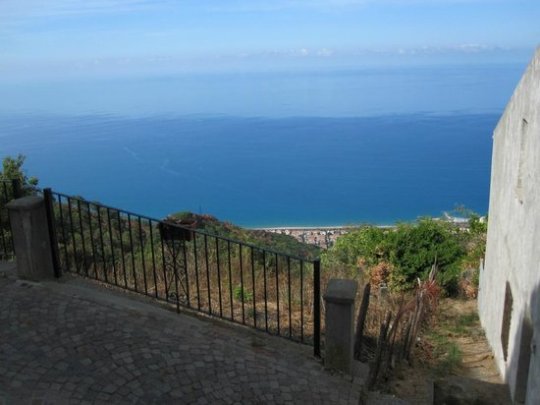
#guardia piemontese#calabria#italy#italia#south italy#southern italy#mediterranean#folklore#folk dress#traditional clothing#architecture#vintage#vintage photography#vingate photos#italian#italian women#folk costume#occitan#langblr#langue d'oc#d'oc language#heretic#heresy#hurdy gurdy#traditions#history#medieval
36 notes
·
View notes
Note
What language(s) do you think are the closest to Catalan in terms of vocabulary, syntax, conjugation, etc?
Without a doubt, Occitan is the closest language to Catalan. In fact, even until the 19th century, Occitan and Catalan were often considered variants of the same language.
After Occitan, the next closest languages are other members of the Galloromance group: Aragonese, French, Arpitan, and some Gallotalian languages like Piedmontese.
That's in general, taking into account grammar. If we look only at words, the closest (outside of Occitan) seems to be Italian. You can find the percentages in this table (format made by me using the data from Ethnologue):

Highlights to answer your question:
Catalan and Italian: 87%
Catalan and French: 85%
Catalan and Spanish: 85%
Catalan and Portuguese: 85%
36 notes
·
View notes
Text
Parlam un pauc de l'occitan (Let's talk about occitan)
L'occitan es un dialècte del francés que se parla dins lo sud de França, al nòrd d'Itàlia, dins la Val d'Aran, en Catalunya.
Es una lenga romanica que fa pas partida de las lengas oficialas en França mas qu'es ensenhada dins d'unas escòlas e universitats.
Se retròba dins l'occitan diferent dialèctes, aicí es de lengadocian.
L'Estat francés en unificant lo país astors d'una lenga comuna a participat activament a l'esfaçament de nòstra lenga e de nòstra cultura. Son ensenhament èra defendut, los ensenhaires que parlavan occitan son estats remplaçats e se los escolans parlavan occitan a l'escòla èran punís fisicament.
Uèi, nòstra lenga es "en dangièr seriós d'extincion" segon l'UNESCO.
L'occitan es pas la sola lenga regionala a aver subte aquò. Totas la diversitat lingüistica en França es estada tocada.
Occitan is a dialect of French spoken in southern France, northern Italy, the Aran Valley and Catalonia.
It is a Romance language that is not an official language in France but is taught in some schools and universities.
Within Occitan itself there are different dialects, here it is Languedocien.
The French state, by unifying the country around a common language, has actively participated in the erasure of our language and culture. Its teaching was forbidden, teachers who spoke Occitan were replaced and if pupils spoke Occitan at school they were physically punished.
Today, our language is "in serious danger of extinction" according to UNESCO.
Occitan is not the only regional language to have suffered this. All linguistic diversity in France has been affected.
38 notes
·
View notes
Text

3 notes
·
View notes
Text
Hello my friends! Anyone know of any online Old French and/or Occitan programs?
#im including occitan bc one of my committee members suggested it#though i talked to another grad student about it and she was like...i think you need old french#language#french#occitan#old french#medieval#medieval studies#gradblr#phdblr#idk what other tags are helpful here#jam posts
28 notes
·
View notes
Text
I have 2 moods:
1) go to karaoke night and sing an obscure medieval troubador song in Occitan
2) go to karaoke night and rickroll literally everyone
Teehee
#or 3#don't sing at all bc you had a nasty core memory of auditioning for a musical and forgetting all the words#rickroll#occitan#medieval
5 notes
·
View notes
Text
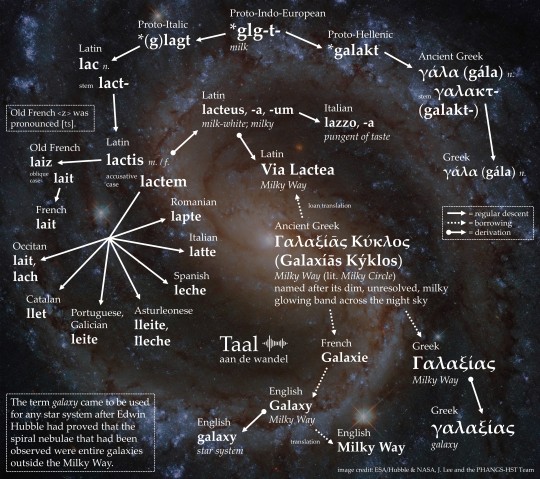
The words galaxy and latte are etymologically related. Galaxy stems from Ancient Greek Galaxíās (Milky Way), from gála (milk), which has the same ancestor as Italian latte (milk). The Milky Way was named after its milky glowing band in the night sky. Click the image for a further explanation.
#historical linguistics#linguistics#language#etymology#english#latin#french#spanish#ancient greek#greek#proto-hellenic#proto-italic#proto-indo-european#old french#occitan#catalan#portuguese#galician#asturleonese#romanian#lingblr#space#astronomy#galaxy
337 notes
·
View notes
Photo
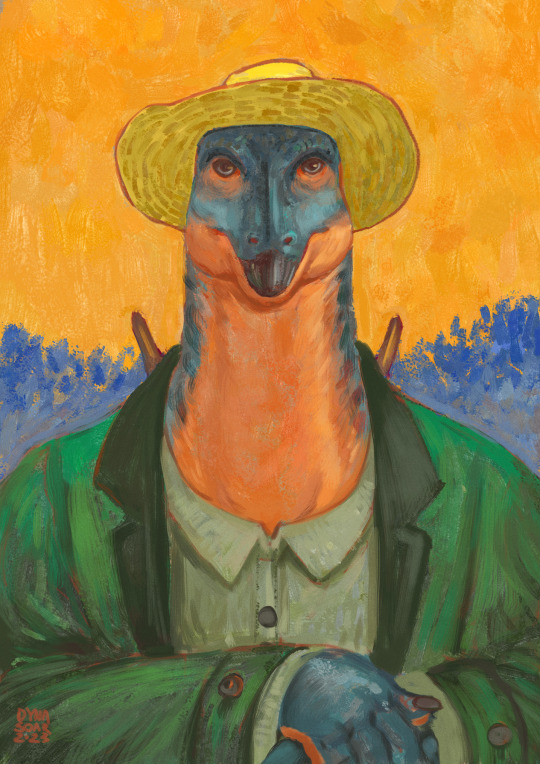
stegosaurus farmer 2023
#art#painting#digital art#digital painting#anthro art#furry art#scalie#anthro#furry#dinosaur#saurian#stegosaurus#portrait#expressionist#expressionism#post impressionism#occitan#provencal#provence#provençal#dynasoar5#ssohardd#2023
183 notes
·
View notes
Text
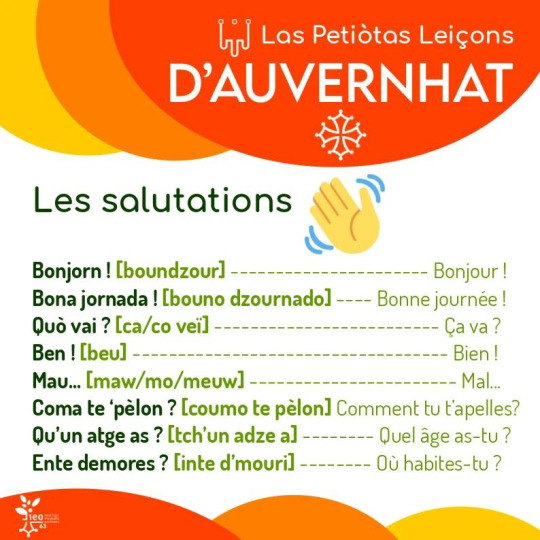

|||| Maneres de saludar i despedir-se en occità alvernyès.
🇬🇧 Ways to greet and say goodbye in Occitan from Auvèrnhe.
Font/Source: Institut d'Estudis Occitans a Instagram.
#occitan#auvèrnhe#auvergne#occitania#occitanie#auvèrnha#auvergnat#auvernhat#occitan auvergnat#occitan auvernhat#romance languages#mine
32 notes
·
View notes
Text
So the other day I was discussing the title of my novel with my grandparents. I mentioned the idea of having it centering around the idea of “the house” without managing to find any phrasing to my liking.
My grandfather half-jokingly proposed “why don’t you called it The widow’s [local Occitan word for a small house]?”. I asked him what it meant, he answered “house”. I asked him if it was a big house and he told me no. Then he told me I could use the word “castèl” for a very big house with towers (as you might have guessed, it means castle).
After that the conversation naturally went toward Occitan and I said that I would like to learn to speak it at least a little. He then once again half-jokingly told me that it was a shame that I never met his father because he would have been able to teach me (since it was his mother tongue).
On this my grandmother thought it was imperative to comment that my great-grandfather actually did not speak Occitan but [local Occitan dialect] which was just a patois. Patois (sort of synonym to dialect) is a pretty derogatory word to talk about regional languages in France. I answered to her that since Occitan did not go through the same standardization as French did during the 19th century, [local Occitan dialect] is in fact Occitan and a totally accepted version of Occitan by the institutions trying to safeguard the language. [local Occitan dialect] is not just a subpar language but a legitimate way of speaking Occitan. We did not debate further but it was pretty obvious that she wasn’t completely convinced and that for her my great-grandfather did not speak proper Occitan (which she considers to be a “proper” language) but just a patois.
My grandmother is pretty well-educated and keeps herself up to date on a lot of subjects. So I am amazed that apparently she still considers our own regional language as nothing more than a mere patois despite obviously having heard and internalized a lot of the deconstruction of French hegemonic cultural significance in all of France (otherwise she would not even consider Occitan to be a proper language). Like damn, this thing runs deep.
#occitan#french#language#regional language#like don’t get me wrong French is my mother tongue and I like it#and I think it is important than in the same country all citizens master a good level of a common language#but that doesn’t mean that I think that French is a superior language#and that regional languages are inferior#it is a bit surprising to see people with this opinion still in the 21st century
6 notes
·
View notes
Text
"Enguany" (this year)
Did you know that only a few minority languages have been the only Romance languages that have preserved a word to mean "this year"?
The same way that "today" means this day, "yesterday" means the day before, or "tomorrow" means the next day, in Catalan on top of these ones (avui, ahir, and demà, respectively) we have enguany. In Occitan it's called ongan, in Sicilian aguannu and in some dialects of Neapolitan use aguanno.
Centuries ago, the word also existed in Italian (uguanno), Leonese (aguañu) and in Spanish it's still on the dictionaries (hogaño) but it's an ancient word not used anymore.
#llengua catalana#català#catalan#occitan#romance languages#latin languages#words#langblr#lenga occitana#language#languages
334 notes
·
View notes